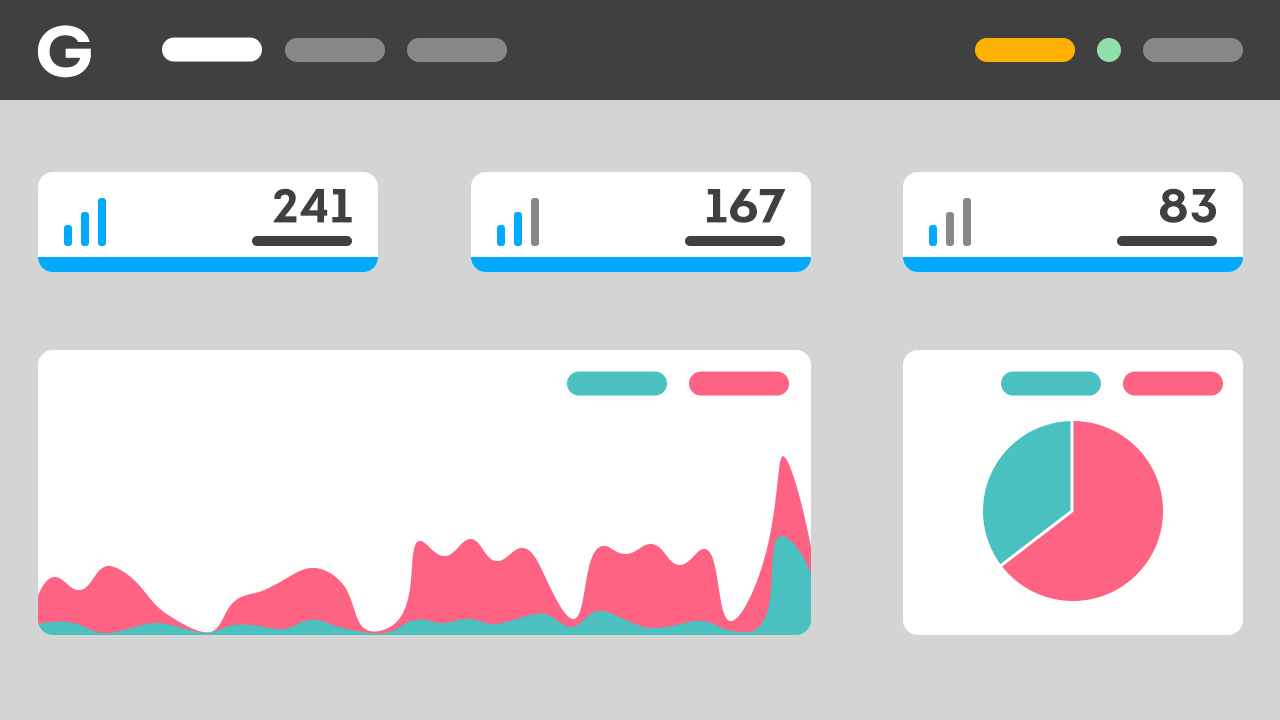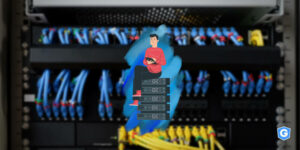What is spyware?

As its name suggests, spyware is a spy software and one of the top internet threats to businesses and individuals. Spyware is a type of malware (or malicious software) that infects devices to steal information. It works as a secret agent who reports the victim’s activities to the attacker, such as internet usage data and confidential information.
Due to its espionage characteristics, spywares are difficult to detect even by threat protection tools. Generally, this type of malware is hidden in other software that are downloaded on the internet and can be installed even with your permission when you accept terms and conditions you didn’t read carefully.
Table of Contents

How spyware infects devices
As any dangerous threat, spyware can infect devices in many ways. When you open attachments that you’ve received by email, download files from suspicious websites or accept terms of use without reading, you may be at risk of being infected with spyware. It’s important to know that if you installed a program and minutes later uninstalled it, the spyware will continue on your machine.
The big thing is that, once installed on the operating system, a spyware starts working secretly, without you noticing, monitoring your activities with the goal of feeding crooks with valuable information that will then be used in other scams and schemes.
How spyware works
As you now know, the big danger involving spyware is that it allows the crook to have access to everything the victim does on his computer. For example, the malware can record keystrokes, make screenshots, track internet histories, and, in the worst case scenario, take control of the computer.
Now imagine the damage a spyware can cause to a company, monitoring employees and stealing important information. Spyware is particularly dangerous to business because it can, for example, steal financial data, such as bank and email accounts passwords and credit card data.
What are the types of spyware
There are many types of spyware. They are categorized according to the function they perform. The main categories are these 5:
1. Keylogger or System Monitor. They are the spywares that monitor and record any type of activity that is performed on the computer, including keystrokes and websites visited.
2. Adware. This is the type of spyware used for commercial and marketing purposes. It tracks your internet browsing with the aim of offering you products and services.
3. Spyware Cookie. It’s a type of spyware that has purposes of marketing products and services, registering your web activities.
4. Browser Hijacker. They are those spywares responsible for recording everything you do in the internet browser. In addition, they can also change navigation settings.
5. Trojan. They are spywares that hide in seemingly legitimate software to allow the attacker to access the device or to transmit sensitive information.
How to protect from spyware
Unfortunately, a slower device is one of the few signs that can indicate that the machine is infected by spyware. In this case, you’ll need to run a scan with a security software. There are many spyware removal tools on the internet. Just be careful with your choice.
As we always say, prevention is the best defense. So don’t open suspicious emails, don’t browse suspicious websites and don’t download suspicious files that may be infected with different types of threats. Be careful also with pop-ups. You don’t want to install a spyware unwittingly, right?




